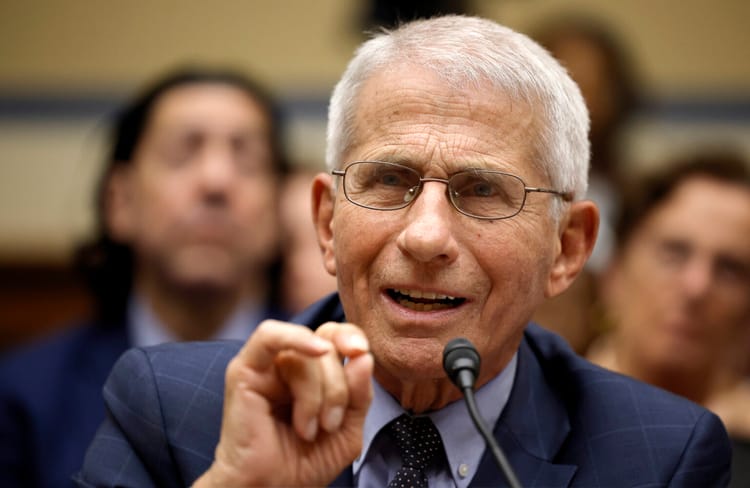White House preps new sanctions package against Russia after Navalny death

By Jennifer Shutt, Minnesota Reformer
WASHINGTON — The Biden administration on Tuesday again urged U.S. House Republican leaders to hold an up-or-down vote on military assistance for Ukraine and said a new sanctions package against Russia is on the way, citing the death of Russian opposition leader Alexei Navalny as placing new pressure on Western democracies to rally against the military invasion.
Jake Sullivan, national security advisor to the president, said on a call with reporters that Navalny’s death and Ukrainian soldiers’ withdrawal from the city of Avdiivka are a reminder of why U.S. assistance is so crucial.
“I will tell you that our allies and our adversaries alike are watching what Congress does very closely,” Sullivan said.
“There are those here and abroad who say U.S. leadership and our alliances and partnerships with countries around the world don’t matter,” he said. “I’m here to tell you they do. Our alliances make us stronger, they make us safer, and passing this bill will send an important message of unity and strength, as well as American resolve to the rest of the world.”
The U.S. Senate voted 70-29 earlier this month to send the House a $95 billion assistance package that included aid for Ukraine, Israel and Taiwan.
The funding would predominantly go to the U.S. departments of Defense and State as well as the U.S. Agency for International Development to provide either weapons or humanitarian aid.
Sullivan noted the weapons and other military supplies sent to Ukraine are made in 40 states throughout the United States, including the Javelin weapons system in Alabama and Arizona; armored and tactical vehicles in Michigan, Pennsylvania and Wisconsin; Himars rockets in Arkansas; artillery ammunition in Pennsylvania and Texas; tents in Ohio; and rockets in West Virginia.
“This bill continues these important investments in the U.S. defense industrial base; expanding production in these factories, revitalizing our submarine industrial base and supporting jobs across our country, all while improving our own military readiness, thanks to an enhanced defense industrial base,” Sullivan said.
House Speaker Mike Johnson, a Louisiana Republican, has largely rejected the emergency spending bill for not including provisions to address U.S. border security and immigration policy.
Johnson was among the GOP leaders who pressed for that for months, but then rejected a bipartisan compromise within days of its release.
The stalemate over changes to immigration policy has delayed congressional approval of military, economic and humanitarian funding for Ukraine, Israel and Taiwan.
Sanctions package coming
Sullivan, speaking on the call Tuesday, said the Biden administration is planning to release a sanctions package against Russia on Friday in the wake of Navalny’s death and as Ukraine approaches the two-year mark of Russia’s invasion.
Sullivan said the sanctions would cover “a range of different elements of the Russian defense industrial base, and sources of revenue for the Russian economy that power Russia’s war machine, that power Russia’s aggression and that power Russia’s oppression.”
These new sanctions, Sullivan said, are “on top of a significant framework of sanctions that we have worked with our allies and partners to build over the course of the past two years.”
“But this is another turn of the crank, another turn of the wheel,” he said.
Those sanctions, Sullivan said, are not a replacement for Congress approving the emergency spending bill, which President Joe Biden has repeatedly argued has the support to pass the House.
The holdup in approving that aid has led to delays in getting Ukrainian troops the level of weapons and ammunition “they need and deserve,” Sullivan said.
“I think the Congress and especially the speaker need to stare their responsibilities square in the face, and then meet that responsibility — meet that obligation to their voters and to the American people and to the American national security interest.”
Minnesota Reformer is part of States Newsroom, a network of news bureaus supported by grants and a coalition of donors as a 501c(3) public charity. Minnesota Reformer maintains editorial independence. Contact Editor Patrick Coolican for questions: info@minnesotareformer.com. Follow Minnesota Reformer on Facebook and Twitter.





Member discussion